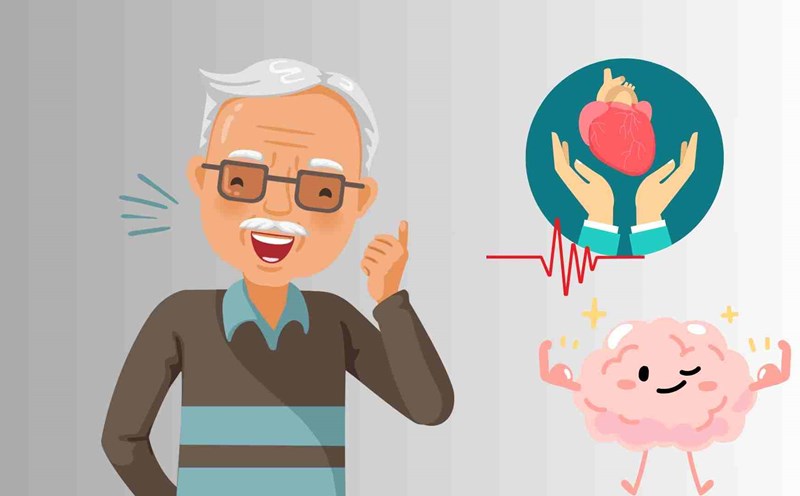Why should you reduce sugar?
According to Dr. David Ludwig, Director of the Obesity Research and Treatment Center at Boston Children's Hospital and a professor at Harvard University, consuming too much sugar will increase insulin levels in the body, causing insulin resistance and leading to type 2 diabetes: "A diet high in sugar can damage the body's metabolic function, making it unable to process blood sugar effectively, thereby creating long-term health risks," Dr. Ludwig shared.
Reducing sugar intake in the diet not only helps control weight but can also reduce the risk of chronic diseases. A sugar-reducing diet is one of the most effective ways to reduce the risk of diabetes, cardiovascular disease and kidney disease, Dr. Ludwig recommends.
What is special about sugar-reducing foods?
In the list of foods that help reduce sugar, consumers often choose foods with a low glycemic index, which can help control blood sugar levels more stably. These foods include nuts, green vegetables, low-sugar fruits, whole grains, and especially products that are replaced with natural sweeteners such as stevia or erythritol.
Nutritionist Sarah Schenker, lecturer at King's College London, explains: opting for sugar-reducing foods does not mean completely eliminating sugar from the diet, but replacing foods high in refined sugar with healthier options. For example, eating fresh fruits instead of drinking canned fruit juice, or choosing low-sugar cakes over sugar-rich candy.
Foods rich in fiber such as green vegetables, beans, and whole grains are also great choices to help control blood sugar. These foods not only help maintain a feeling of fullness for a long time but also support the digestive process and reduce the absorption of sugar into the blood.
Health benefits of sugar-reducing foods
Many scientific studies have shown that a low-sugar diet can help reduce the risk of obesity and improve cardiovascular health. A study by Harvard University shows that people with a low-sugar diet have better blood sugar control, reducing the risk of type 2 diabetes.
In addition, a reduced-sugar diet can also help improve mental health. Studyes show that when you reduce your sugar intake, more people feel more stable and less anxious and depressed, adds Dr. Ludwig.











